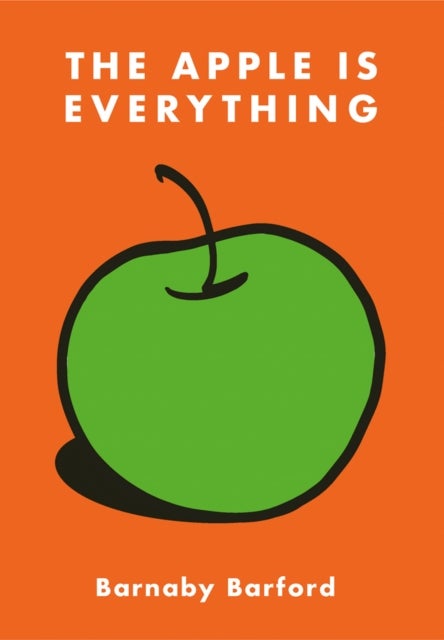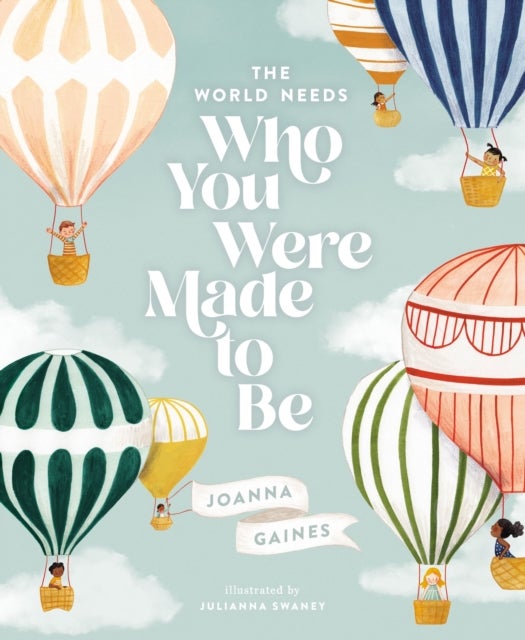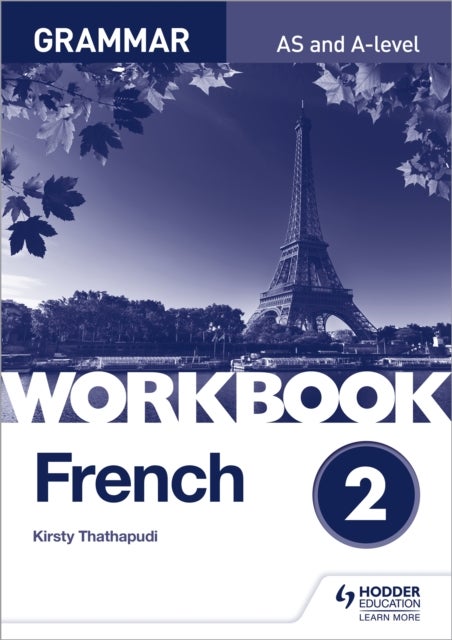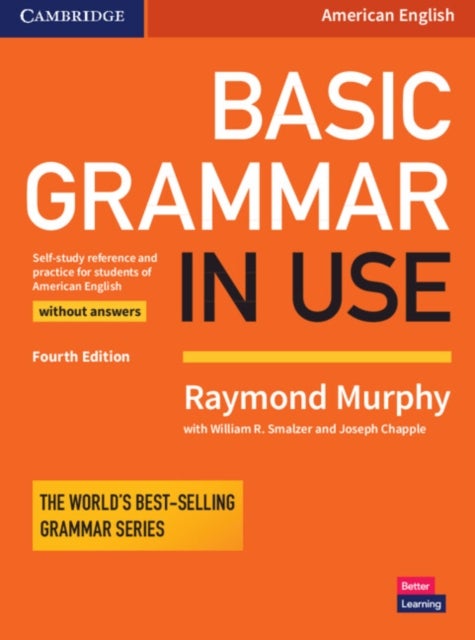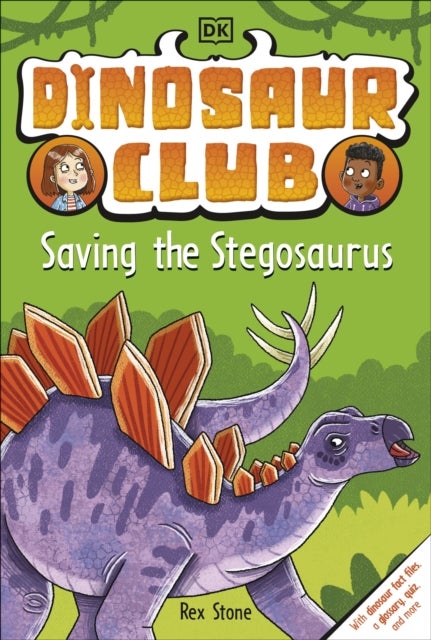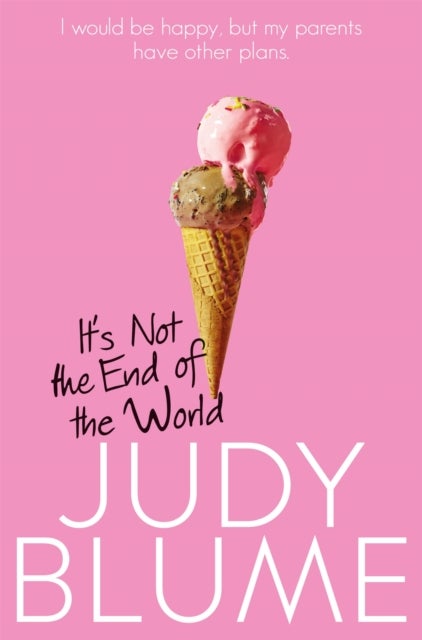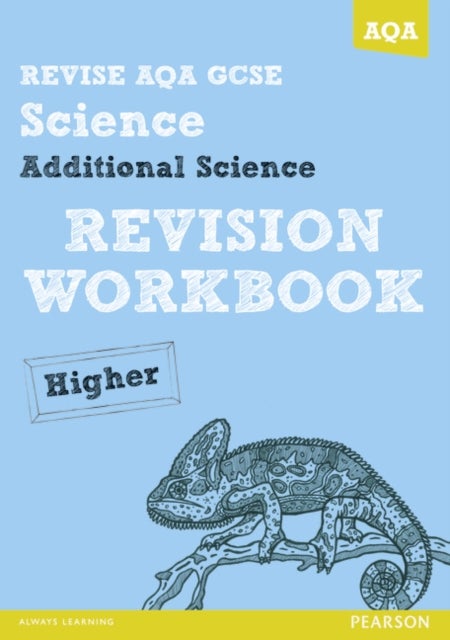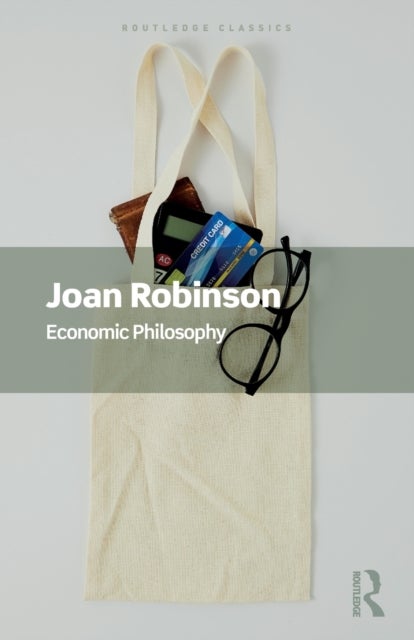
Economic Philosophy av Joan Robinson
279,-
<P>Joan Robinson (1903-1983) was one of the greatest economists of the twentieth century and a fearless critic of free-market capitalism. A major figure in the controversial ''Cambridge School'' of economics in the post-war period, she made fundamental contributions to the economics of international trade and development. </P><P></P><P>In <I>Economic Philosophy</I> Robinson looks behind the curtain of economics to reveal a constant battle between economics as a science and economics as ideology, which she argued was integral to economics. In her customary vivid and pellucid style, she criticizes early economists Adam Smith and David Ricardo, and neo-classical economists Alfred Marshall, Stanley Jevons and Leon Walras, over the question of value. She shows that what they respectively considered to be the generators of value - labour-time, marginal utility or preferences - are not scientific but ''metaphysical'', and that it is frequently in ideology, not science, that we find the reason

